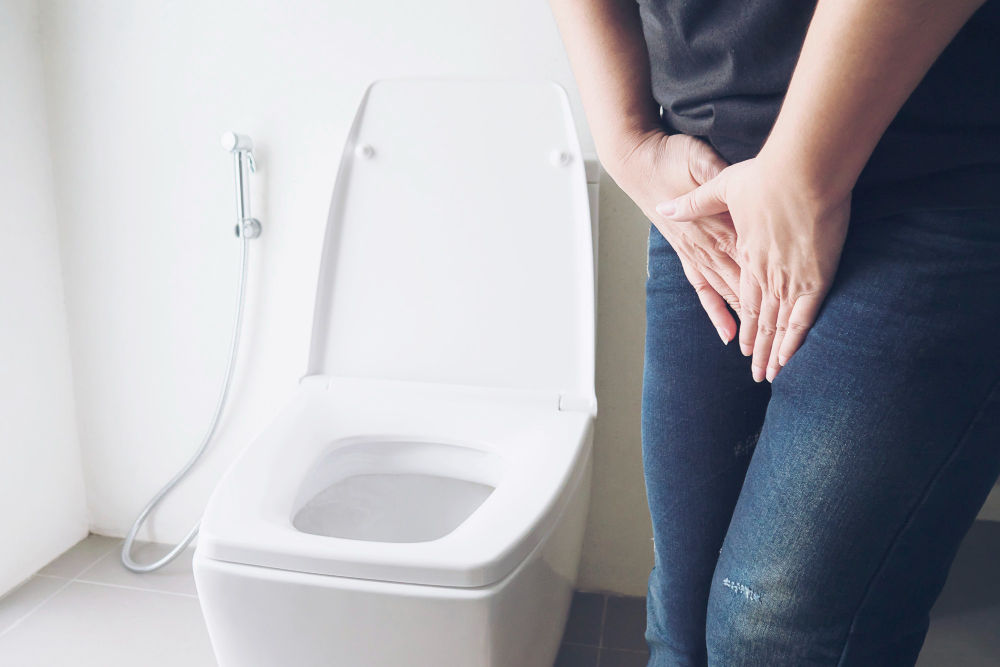What Are Chronic UTIs?
Chronic UTIs, or chronic urinary tract infections, are infections that keep coming back. Usually, a UTI affects the bladder or other parts of the urinary system. While most UTIs clear up with treatment, some people get them again and again. In fact, if you have two or more infections in six months, or three in a year, doctors may call it a chronic UTI. According to the CDC, women are more likely to get chronic UTIs, but men and children can also be affected. Because these infections can cause ongoing discomfort, it is important to know the signs and when to seek help for chronic UTIs.
Common Symptoms of Chronic UTIs
Chronic urinary tract infection symptoms can be mild or severe. Sometimes, they may seem to go away but return soon after. It helps to watch for these signs:Burning feeling when you urinateNeeding to urinate often, even at nightPain or pressure in your lower bellyCloudy, dark, or strong-smelling urineBlood in your urineFeeling tired or shakyFever or chills (sometimes)
For some, symptoms may be mild but last for weeks. Others may notice symptoms come and go. Either way, persistent UTI signs should not be ignored.
How Chronic UTI Symptoms Differ from Acute UTIs
Acute UTIs usually appear suddenly and clear up with treatment. However, chronic UTIs last longer or return often. For example, you may finish your medicine, feel better, but then symptoms return within weeks. Chronic UTI symptoms may also be less severe but last longer. In some cases, you may not have a fever or strong pain, but you still feel discomfort. Because chronic UTIs can damage the urinary tract over time, it is important to notice these differences. If you have ongoing or repeated symptoms, you may be dealing with a chronic UTI.
When to See a Doctor
It is important to know when to seek help for chronic UTIs. You should contact a healthcare provider if you notice:Symptoms that last more than a few daysUTI symptoms that return after treatmentBlood in your urineFever, chills, or back painPain that gets worseAny new or unusual symptoms
Sometimes, chronic UTIs can lead to kidney infections or other problems. Therefore, early treatment can help prevent serious health issues. If you are unsure, it is always better to ask your doctor.
Tips for Managing Symptoms
While you wait for treatment, there are steps you can take to feel better. Here are some tips for managing chronic UTI symptoms:Drink plenty of water to help flush bacteriaUrinate often, and do not hold it inWipe from front to back after using the bathroomAvoid using harsh soaps or sprays near your genitalsWear loose, cotton underwearTake all medicine as your doctor prescribes
However, these tips do not replace medical care. If symptoms do not improve, you should see a healthcare provider.
In summary, chronic UTIs can cause ongoing discomfort and may lead to serious problems if not treated. Recognizing persistent UTI signs and knowing when to seek help for chronic UTIs is important for your health. Consult a healthcare provider if you notice ongoing UTI symptoms or need personalized advice.

